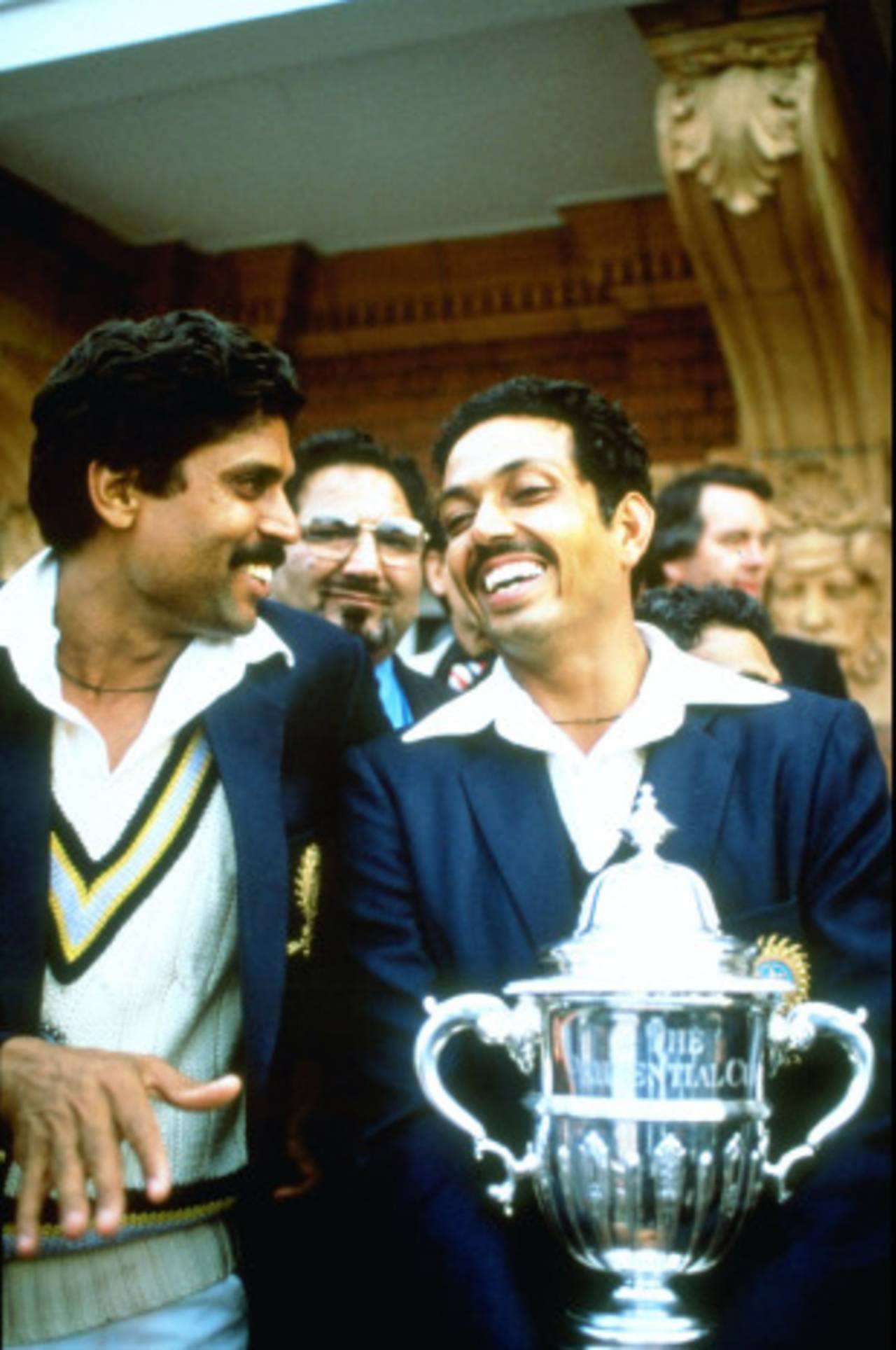NKP Salve, who died aged 91 this week, set in motion the process that saw the nerve centre of world cricket shift to India. The story of how he took the World Cup out of England is part of folklore. In his days as a club cricketer he was a legspinner, and later he umpired first-class matches, but it was as president of the Board of Control for Cricket in India for two terms from 1982-83 that he changed the rules of the game.
Within a decade of his rallying the Associate members of the ICC behind a proposal by India and Pakistan to jointly host the 1987 World Cup, this strategy saw England and Australia lose their veto power in the ICC. The ICC, an old boys' club that met annually to talk shop, was converted into an association of equals (at least theoretically), with concerns going deeper than the humour quotient in the after-dinner speeches.
Salve was a minister in the Rajiv Gandhi government, a vantage point from where he guided the destiny of Indian cricket with a combination of paternal concern and hard-headed pragmatism. As a professional politician he found it relatively easy to deal with the growing politics in the Indian team using the velvet glove or the iron fist as necessary.
The story of how Salve changed the venue of the World Cup, if not its face, after the first three editions were held in England is narrated in his book on the Reliance Cup, the 1987 tournament. Denied passes for the Lord's final in 1983, where India had unexpectedly qualified, he swore that he would bring the tournament to India. It wasn't being denied passes so much as the discourteous attitude of the officials that strengthened Salve's resolve of the board president.
Whether the legend was tagged on post-facto or indeed was an idea whose time had come anyway, that dream was quickly fulfilled.
On the day following the final, at a luncheon hosted for the team by his brother-in-law, Salve and Pakistan's cricketing chief Air Marshall Noor Khan discussed the ramifications of a joint bid. Salve was later made the Chairman of the India-Pakistan Joint Managing Committee. The success of that tournament saw the World Cup live up to its name as a world event played in all the continents.
While Salve's India-centric approach in world cricket shifted the axis of the sport, his concern for the health of the domestic game led him to play peace-maker in the growing feud between India's top players, Sunil Gavakar and Kapil Dev. The latter was convinced - and he went public with this thought - that Gavaskar, then captain, played the major role in getting him dropped from the national team against David Gower's Englishmen. That Test in Kolkata is the only one the great allrounder missed in his entire career. Gavaskar was quick to point out that he arrived late for the selection meeting and barely said a word, but with the media taking sides, the perception was affecting the two players and the team itself.
Salve banged heads together, or to put it more diplomatically, he invited the two players to dinner and famously got them to shake hands and promise to bury the hatchet. The Bollywood-style drama may not have turned the two temperamentally dissimilar players into blood brothers, but it impressed upon them the need for a professional approach in the interests of the team.
It was Salve's initiative, supported by his friend Noor Khan and Sri Lanka's Gamini Dissanayake, that led to the formation of the Asian Cricket Council, a powerful bloc within the ICC who played a tournament among themselves, the Asia Cup. It was the Asia Cup that brought Sharjah into the picture as an international venue; Salve can take credit for expanding the ICC's traditionally closed group and linking the enthusiasm for the game with participation in Asia.
An orator, an expert on taxation and Member of Parliament for over a decade, Salve was transformed from an official into a trophy in the minds of a new generation when the BCCI decided to award the winners of its Challenger tournament the NKP Salve Cup.
It was Salve's awareness of the importance of India to world cricket that was built upon by the likes of Jagmohan Dalmiya and Lalit Modi in later years.
Suresh Menon is the editor of the Wisden Cricketers' Almanack India
